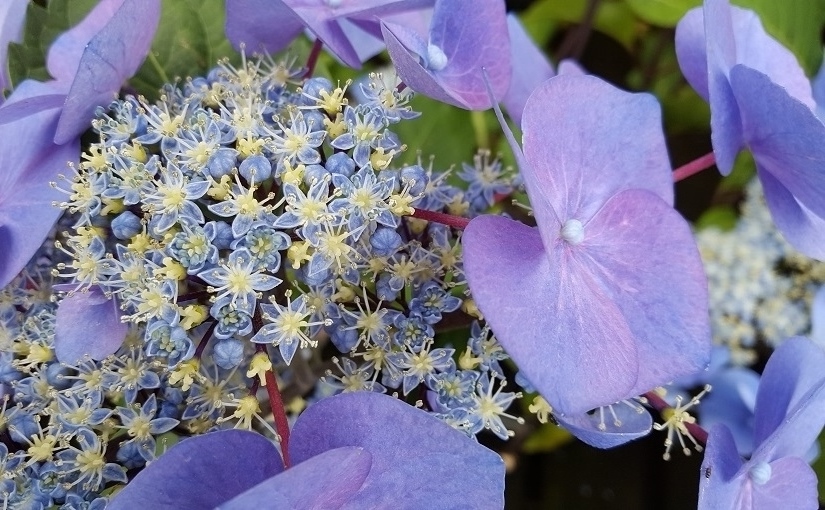Culture can be viewed as the ideas, meanings, practices, and stories we tell to tie life and therefore society together; this idea of cultivation, of tending what will come of it all. But, in these times, the cultural forms proliferating and feeding into society aren’t necessarily wise or constructive so much as commercially viable.
Notions around appearance, status, character, and human worth are seemingly being defined and shaped by industry; whether that’s entertainment, advertising, or other news and media outlets (see Notes One). In effect, popular culture seems to be ‘what sells’ rather than an intentional set of principles that might help sustain a healthy society.
In a way, of course, these activities are continuations of age-old traditions recast in the modern light: stories become films, campfires become screens, togetherness translates to global connectivity, and meaning to identity. Today’s forms are variations on what has ‘always’ happened, just with a technological and commercial overlay in many cases.
But is that the same? Does it serve the same function, or is the commodification of culture something different? Clearly, selling something makes it a transaction and a product, and market forces bring in elements of exclusivity and demand (whether real or fabricated).
The posts referenced before have questioned the implication of cultural life becoming business; our natural desires for belonging and worth transposed into consumption. We’re offered something – a product, an experience, plus the sense of identity packaged up with it – but it’s not freely given. There are natural costs of course, but also systemic ones in terms of storylines we’re accepting or supporting through our adherence to them (Notes Two).
On a personal and a social level we’re still weaving together meanings: culture still shapes our ideas around self, society, and others; still informs our attitudes, beliefs, assumptions, and values in life. We might be more aware in how we craft our ‘self’ in relation to it, but how conscious are we of the overall picture being formed?
The coherence and deeper meaning of that picture concerns me at times, as does the commercial nature of what’s essentially a human endeavour: ideas around age, looks, gender, and background often seem far from ideal; and selling people things, saying that completes you, seems to undermine human worth for the sake of money.
But then these days everything’s a marketplace, and this is simply the one dealing in human meaning. That is what it is, and maybe our power in that system is the freedom to direct it as consumers: how we engage and what we create from it, the messages and meanings we affirm, the worldview that all serves to maintain.
Money’s a part of life, so ‘naturally’ people seek to make a business and a profit out of this essential human function. Their sense of constructive responsibility may be questionable at times (as with any business), but our more conscious participation in building a culture that sustains humanity throughout each lifetime and across the globe may be one way to go.
Notes and References:
Note 1: The value of art in society
Note 1: Intrinsic worth over social identity
Note 1: How many things are cycles (we could break)
Note 1: Is sustainable design an impossibility?
Note 1: Complicity and cultural attitudes
Note 1: Romance, love & the movies
Note 2: Missing something with modern culture?
Note 2: What are the true costs?

